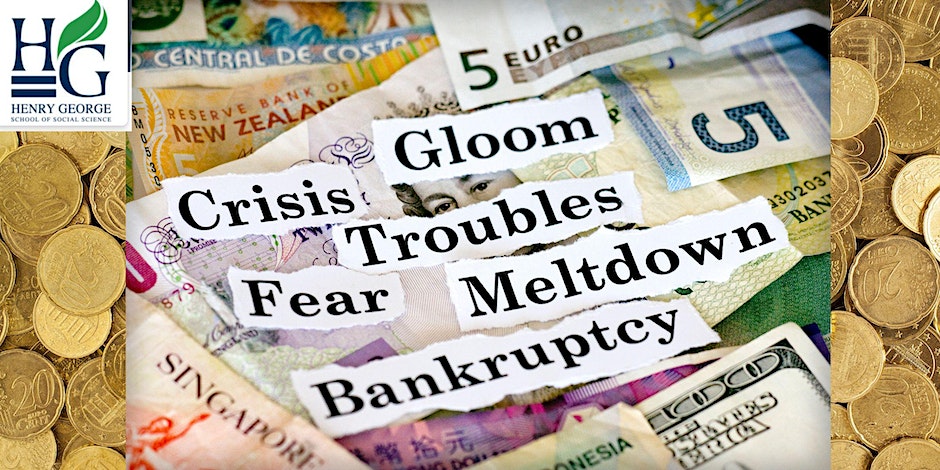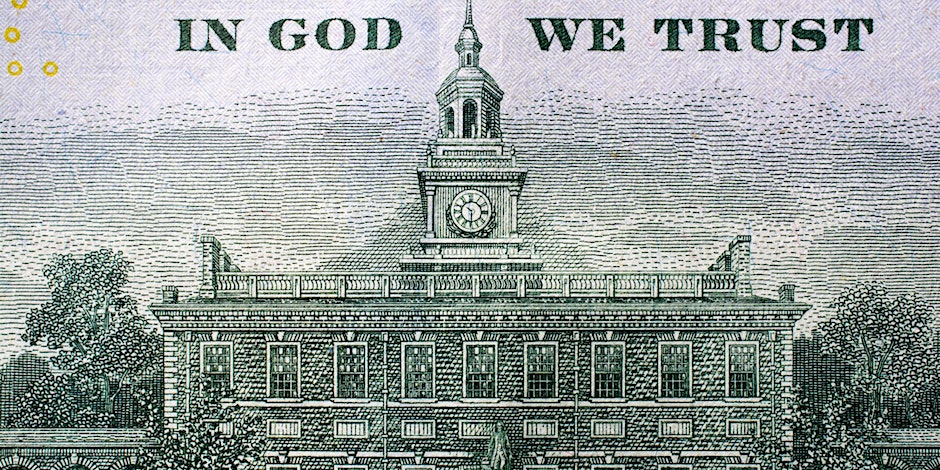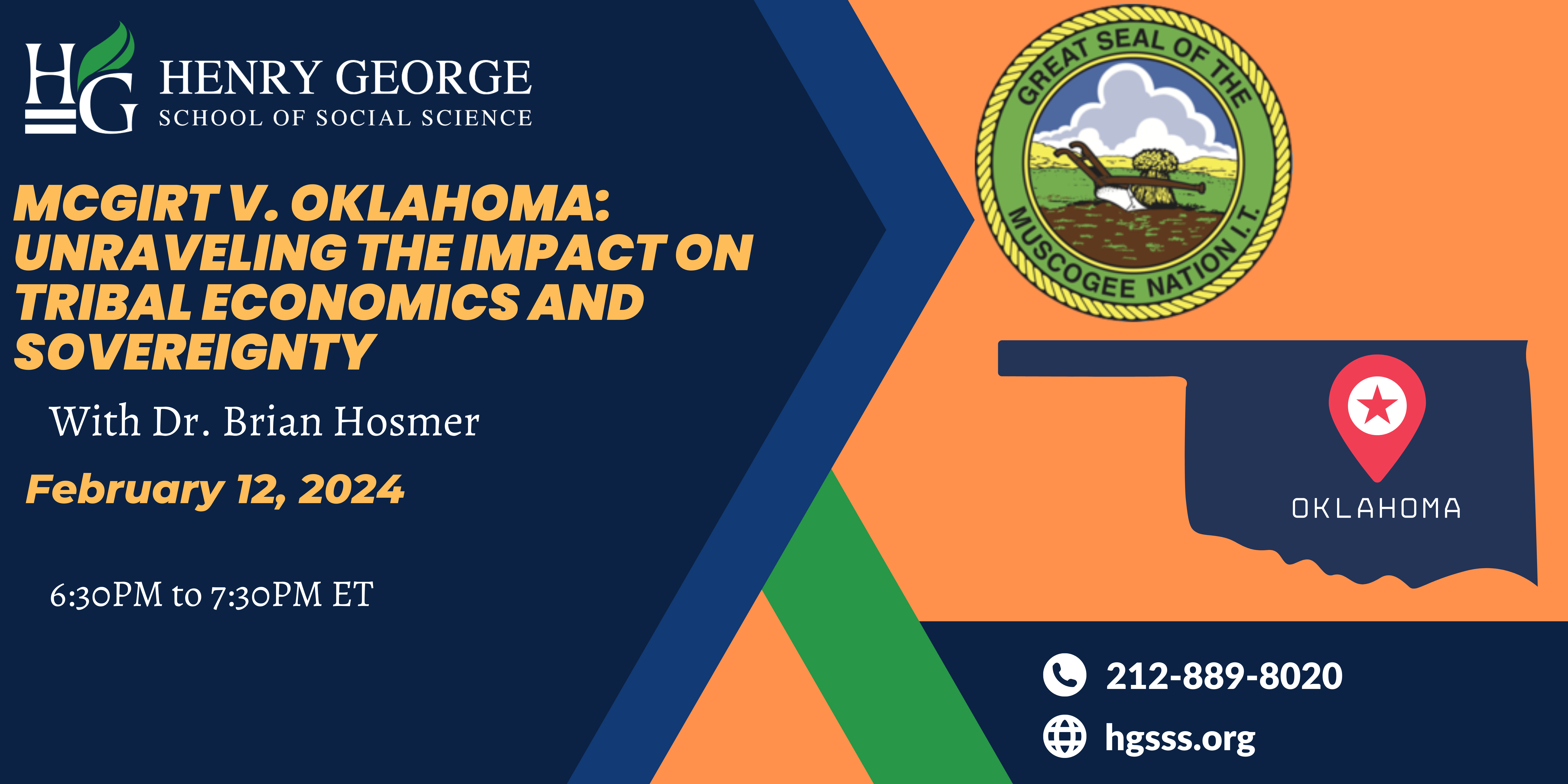Understanding our Political Economy
Session 5

Understanding our Political Economy
This course explains the fundamental relations between the factors of production utilized in the process of wealth creation and the natural laws that govern its distribution. We will use the interdisciplinary approach employed by Henry George in his writings to provide cohesive, evidence-based insights into why economies experience cycles of boom and bust. Additionally, the course will explain why societies continue to experience generational poverty and what measures can be adopted to bring these problems to an end.
The instructor, Edward J. Dodson is a retired banker, former director and long time faculty member of the Henry George School of Social Science.
Dates: Wednesdays – 1/24, 1/31, 2/7, 2/14, 2/21, 2/28, 3/6, 3/13, 3/20, 3/27
Time: 6:30 PM – 8:00 PM ET
Location: Online via Zoom
Note: This is an online event. After registration, the Zoom link, along with the Meeting ID and Passcode, will be provided via email the day of each session.
Session 5





